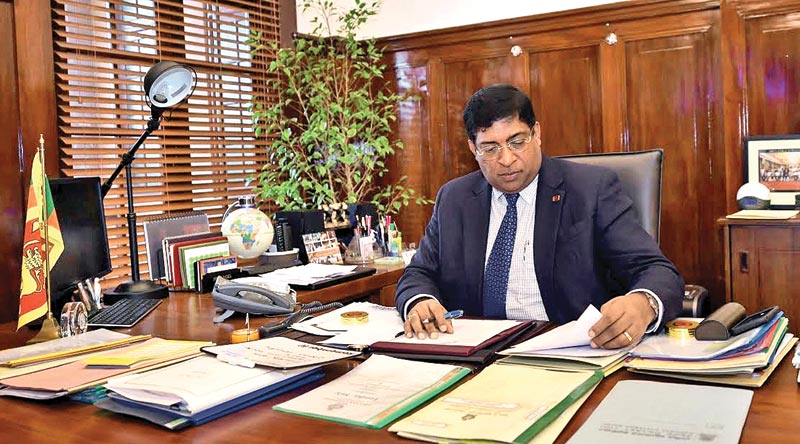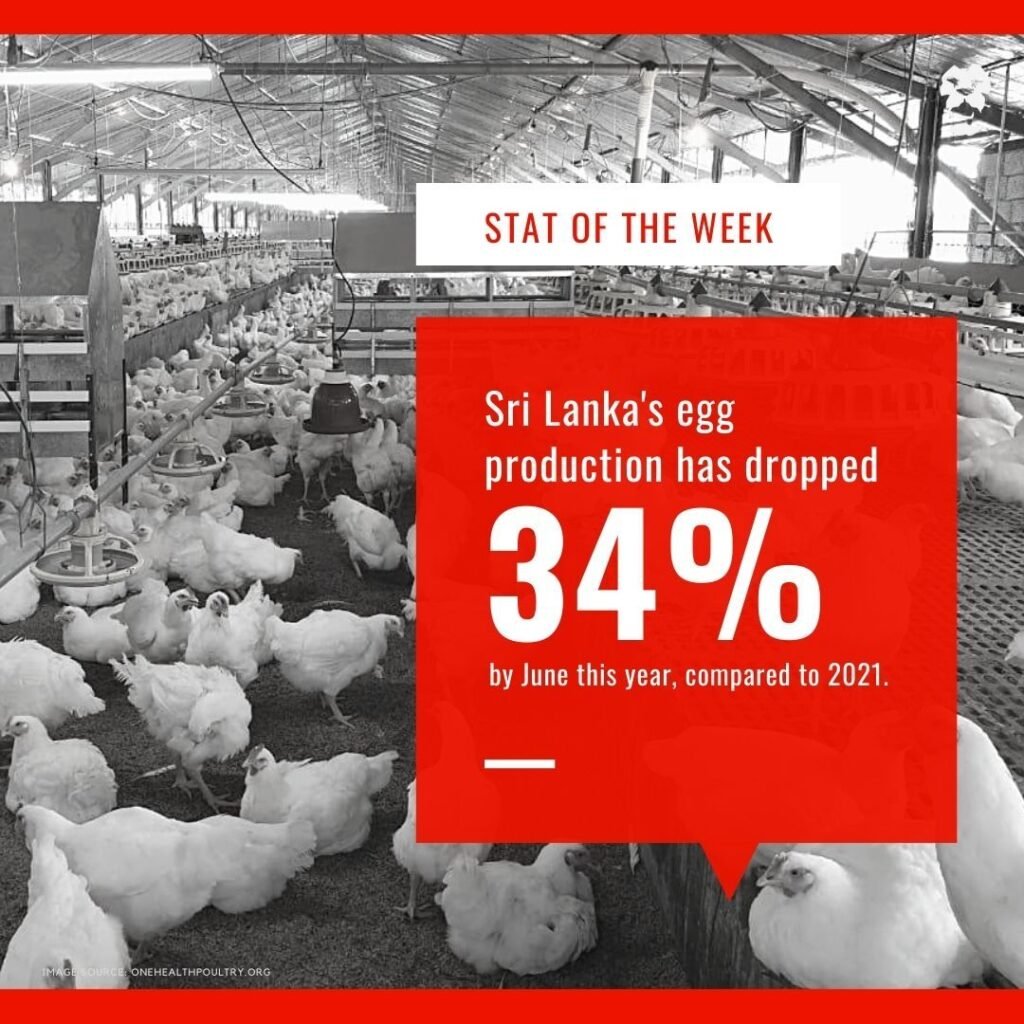
Every year, Sri Lanka loses millions of rupees due to the country’s frustrating reluctance to adopt paperless trade. It’s 2016 and both state and [some] private sector players continue to display scant regard for the need to move on to electronic documents and electronic signatures. At a time when our direct competitors are reaping the benefits of embracing and keeping up with rapid developments in Information and Communication Technology (ICT) as and when they happen, Sri Lankan cross-border traders’ shoulders remain permanently shrugged in a state of constant bemusement.
Background

In the age of fingerprint scanners for mobile phones, signatures in Sri Lanka are only accepted in scribbled form as a hard copy and never, ever electronically. Image courtesy cwbusinesslaw.com
Sri Lanka has been flirting with the idea of paperless trading for a while now. According to Head of Economic Research at Verité Research, Subashini Abeysinghe, the country’s attempts at adopting electronic documents go back over two decades.
In 1995, the government in power at the time appointed a National Electronic Data Interchange (EDI) Committee with representation from 20 public and private organisations to serve as a forum on adopting EDI. However, it won’t be until 21 years later that we see some tangible, albeit ultimately fruitless, progress.
The Ministry of Finance partnered with Sri Lanka Customs in May 2016 to launch a Single Window Platform with the objective of facilitating electronic communication between traders and a handful of relevant government agencies. According to Abeysinghe, the greatest failing of this exercise is that it was unable to replace the need for a duplicate process of manual documentation in multiple copies, because documents need signatures and, in the age of fingerprint scanners for mobile phones, signatures in Sri Lanka are only accepted in scribbled form as a hard copy and never, ever electronically.
Ten years ago, Parliament passed a law enabling the acceptance of electronic signatures with the enactment of the ‘Electronic Transactions Act, No. 19 of 2006’ (ETA 2006), which was supposed to facilitate acceptance of all forms of e-signatures, electronic documents, and electronic contracts in all but a few specific transactions. (According to Verité Research, exclusions include creation and execution of a will, license for a telecommunication system, a bill of exchange, a Power of Attorney form, and setting up a trust and a contract for sale of immovable property).
Modelled after the globally accepted United Nations Commission on International Trade Law (UNCITRAL) model 2, the Act supersedes other previous and existing laws in Sri Lanka with regard to document-processing requirements and also allows public institutions the freedom to propose guidelines on types and methods of accepting e-signatures and to customise the process to fit their particular needs.
This was in 2006. Ten years later, Sri Lanka has yet to successfully implement any of the provisions of this Act.
Status Quo
Despite the laws and necessary infrastructure being already firmly in place with a perfectly functioning electronic platform available for use, fresh attempts to fully embrace paperless trading have come a cropper due to public agencies still demanding manual documents signed by hand, rendering the electronic system hopelessly ineffective.
According to Import Section Chairman at the Ceylon Chamber of Commerce, Dinesh de Silva, the powers-that-be have not fully thought through the requirements for transforming trade into a completely paperless process and are not treating the matter with the seriousness it deserves.
“The Government and the policymakers have really not gone into certain areas that are of paramount importance to get [the ease of doing business] indices right. One area is to have a paperless system. This is vital for those engaged in international trade, but is not treated that way unfortunately,” he told the media recently.
What little paperless documentation and transactions currently taking place are limited to a handful of entities and happen in isolation.
“Working in isolation is not going to help trade. Across all levels, there has to be the same level of understanding, commitment, and usage. For that, the Government has to come in a much bigger scale and announce the infrastructure in place. There are many loose ends to tie,” de Silva was quoted as saying.
Benefits

Going paperless will save both time and money. Image courtesy: thatcolumn.com
Going paperless will invariably save immense amounts of time and money. “It is a big booster of competitors of countries, especially in international competitiveness in trade and logistics,” Verité’s Abeysinghe told journalists at a press briefing held recently.
Among the benefits that have been pointed out are::
- Faster document handling: saves precious time for all parties
- Improved global competitiveness of Sri Lanka’s exports and logistics
- Reduced processing costs to the government and for business
- Better document tracking and predictability in processing
Citing the Singaporean TradeNet example, where the multiple agencies involved in trade communicate with one single entity, Abeysinghe said such an initiative would make life easier for businesses, thereby increasing competitiveness.
In Sri Lanka, where international trade is governed by nearly 30 different institutions, efficiency is of paramount importance when complying with their various regulations without wasting precious time.
“Having to produce the same document for 10 different institutions can be a nightmare,” she said, noting that such inefficiency results in a drastic reduction in competitiveness.
Examples of countries benefiting from paperless trade at both macro and micro levels can be found elsewhere in Asia, too.
According to research carried out by the United Nations Economic and Social Commision for Asia (UNESCAP), the introduction of a Single Window in Singapore reduced processing times from four days to 15 minutes or less. Thailand, says the report, has implemented various trade facilitation measures as preparation for a move to a Single Window, and the time taken for export fell from 24 days to 14 days between 2006 and 2009. Some of the studies cited by the report have also provided quantifications of these benefits. For instance, UNNExT (2009) cites a study of automation in Hong Kong, China, which finds estimated savings of $167.5 million. The same source indicates that the business savings from automation in Korea amount to $1.8 billion. Finally, the benefits of Thailand’s Single Window are stated to be $1.5 billion, for an initial investment of $31 million, according to the national government.
The UNNExt study reports that implementation of Singapore’s electronic Single Window reduced the number of trade documents from between three and 35 to just one, lowered the submission cost per document from $6.25 to $1.80, and decreased processing time per permit to 10 minutes from between four hours and seven days. Studies have found that the Singaporean system reduced document processing costs by 20% or more. According to freight forwarders, there have been savings of 25%-35% in handling trade documentation. Japan has shown similar success.
Businesses, too, have shown demonstrable success due to the successful implementation of paperless trade.
An Australian study estimates of the potential savings from paperless trading vary according to the type of goods traded and the relative efficiency of logistical services of the economies involved in the transaction. “Based on calculations from users of early paperless trading systems, savings of between 1.5 to 15 per cent of the landed cost of an imported item are possible,” the study noted.
Price

A failure to go paperless means Sri Lanka is still stuck with long hours of document processing. Image courtesy: sageerpinsights.com
Abeysinghe points out that, whilst Sri Lanka is slowly trudging on, its regional counterparts and direct competitors around the world have moved far ahead thanks to the benefits of ICT adoption.
In Malaysia, for example, it used to take 12 hours on average for document processing in trade activities under the manual system. No sooner had the country adopted electronic documentation, this came down to just 15 minutes ‒ almost 50 times faster.
“In an era where Sri Lankan traders are struggling to remain competitive and relevant in the global market, these cumbersome processes add significant amounts of transaction costs that further lowers traders’ ability to compete against low cost, high quality offerings from regional and global competitors. Sri Lanka was traditionally regarded as a provider of high quality, low cost goods and services, but has continued to lose ground as a direct result of these added transaction costs and lack of product and service diversification,” said Verité Research in a statement.
Sri Lanka’s low ranking in international indicators measuring efficiency in procedures that govern cross border transactions are testament to this worrying precedence. According to the World Bank’s Doing Business Index, Sri Lanka lags behind a lot of the competition in terms of time taken to comply with documentation requirements for trade, taking an average of 76 hours for the process. In contrast, Singapore takes less than four hours to do the same. (Our immediate neighbours, according to the World Bank, take an average of 61 and 62 hours respectively).
Way Forward
The Government has big plans for Sri Lanka with regard to international trade and logistics. Acceptance of e-signatures can go a long way in realising some of those aspirations. As correctly pointed out by the likes of Abeysinghe and de Silva, paperless trade will be essential to all key economic policy objectives set forth by the Government, such as accelerating exports, attracting foreign direct investments (FDI), and becoming part of various global value chains, transforming Sri Lanka into that dreamy logistics hub the Government loves to wax eloquent about. If Sri Lanka is serious about actually getting there, paperless trade needs to stop being the pipe dream that it currently is.
Featured image courtesy sageerpinsights.com








